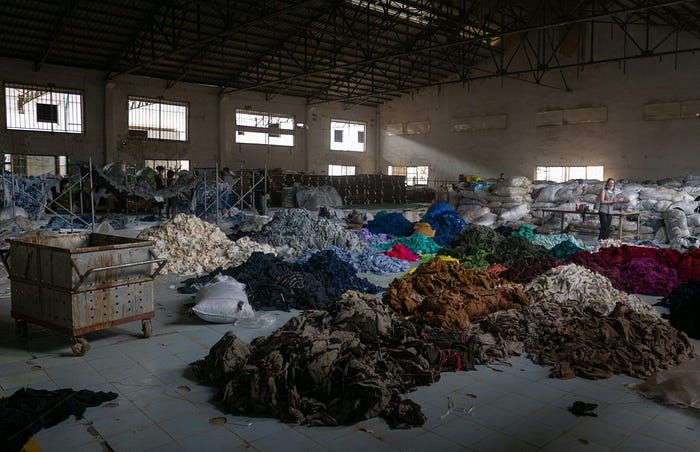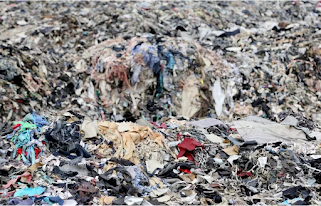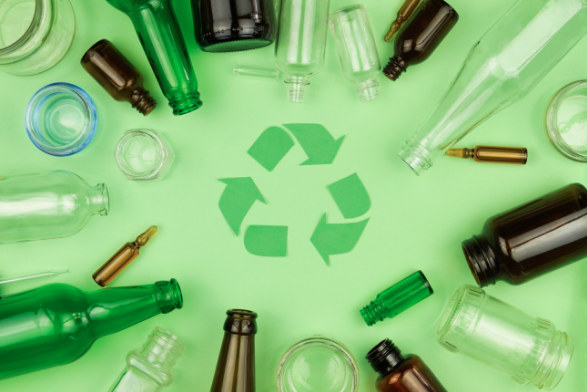
In an era of burgeoning consumerism, the textile industry contributes significantly to global waste accumulation. Places that are known for their fashion prowess, encounter a parallel surge in textile waste, prompting a crucial need for sustainable waste management solutions.
Understanding Textile Waste Recycling
Textile waste encompasses a wide array of discarded materials, from old garments to manufacturing leftovers. Its disposal poses environmental challenges, driving the need for efficient recycling strategies. Textile Waste Recycling Services aim to curb this impact by repurposing waste into valuable resources.
The Environmental Impact
Dubai’s vibrant fashion scene churns out a substantial volume of textile waste, straining landfills and impacting the environment. Textile waste in these landfills contributes to soil and water pollution, accentuating the need for responsible waste management practices.
Benefits of Textile Waste Recycling
Implementing recycling strategies for textile waste brings multifaceted advantages:
- Environmental Conservation: By diverting textile waste from landfills, we mitigate environmental degradation, preserving natural resources.
- Circular Economy Promotion: Recycling transforms discarded textiles into usable materials, fostering a circular economy that minimises waste.
- Sustainable Industry Practices: Embracing textile waste recycling encourages sustainable practices within the fashion and textile industry.
- Community Impact: Engaging in responsible recycling initiatives positively influences community perceptions and sustainability awareness.
Yes Full Circle’s Role in Textile Waste Recycling
Yes Full Circle Solutions (YFC) champions innovative Textile Waste Recycling Services in Dubai. With cutting-edge technology and a commitment to sustainability, YFC employs tailored solutions for efficient waste management.
Through meticulous sorting and recycling processes, YFC reimagines textile waste, promoting responsible consumption and conservation. YFC’s expertise lies in creating greener, more sustainable practices without compromising industry standards.
Get More Info : Glass Recycling Solution in dubai
Website : https://yesfullcircle.com/
Contact Us : Paper Recycling in dubai


